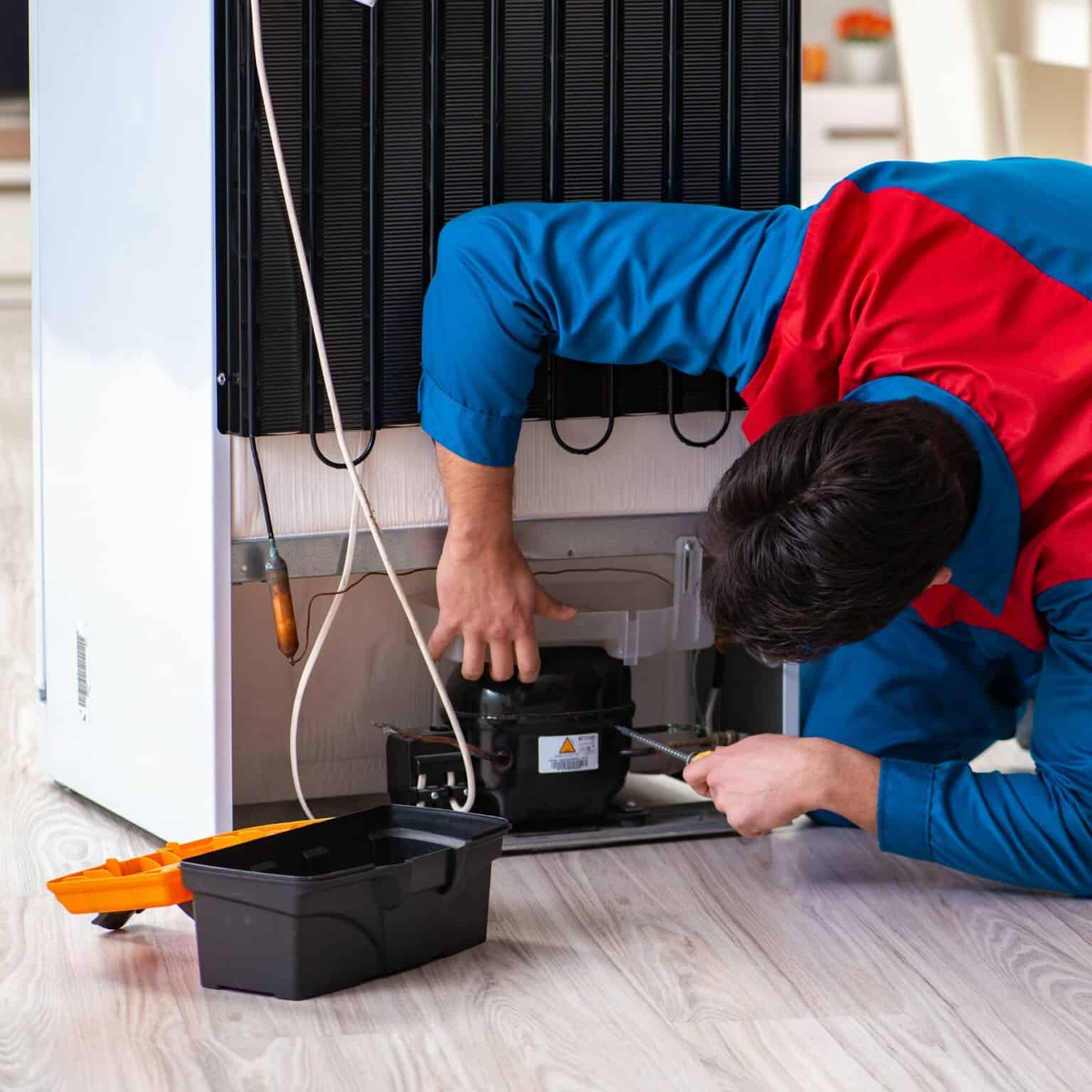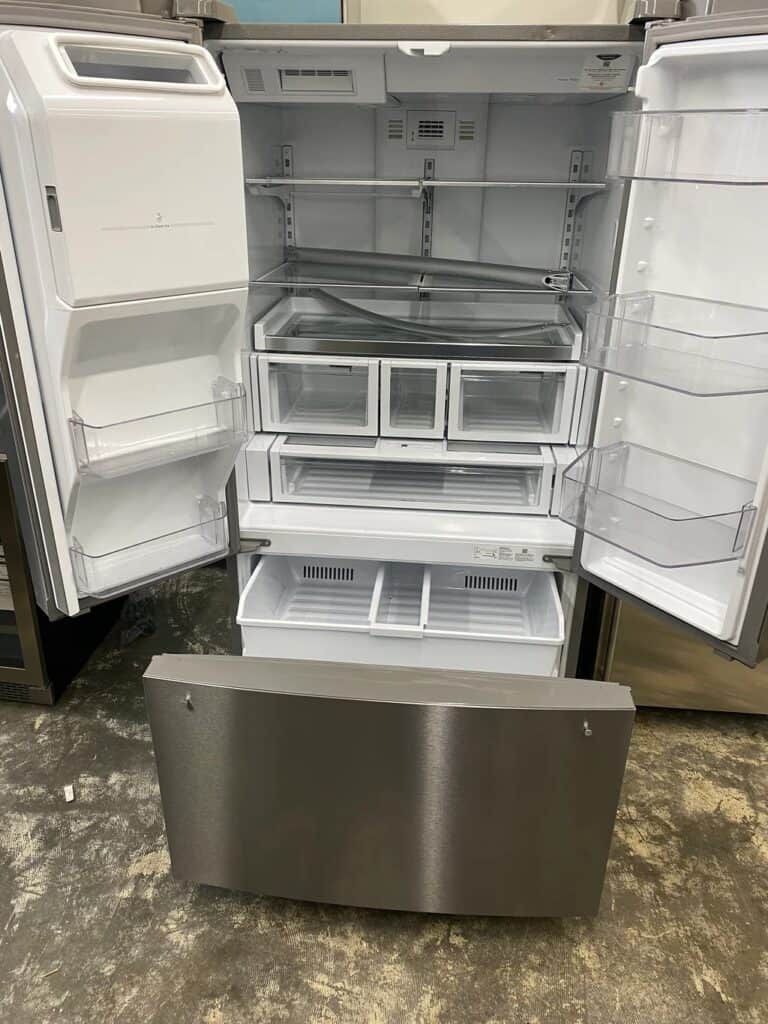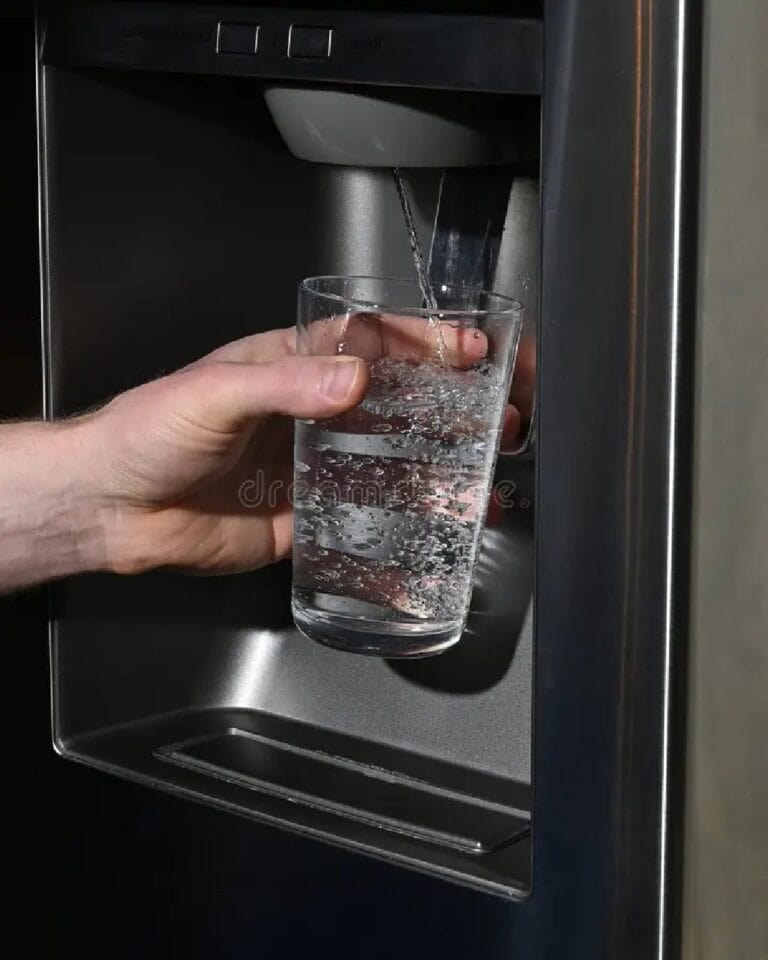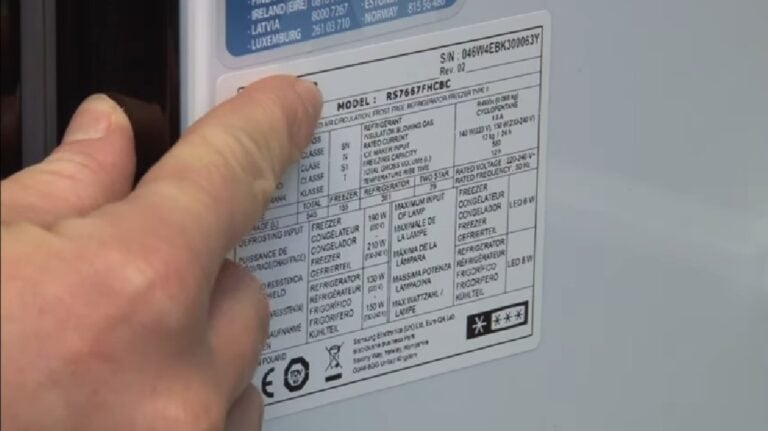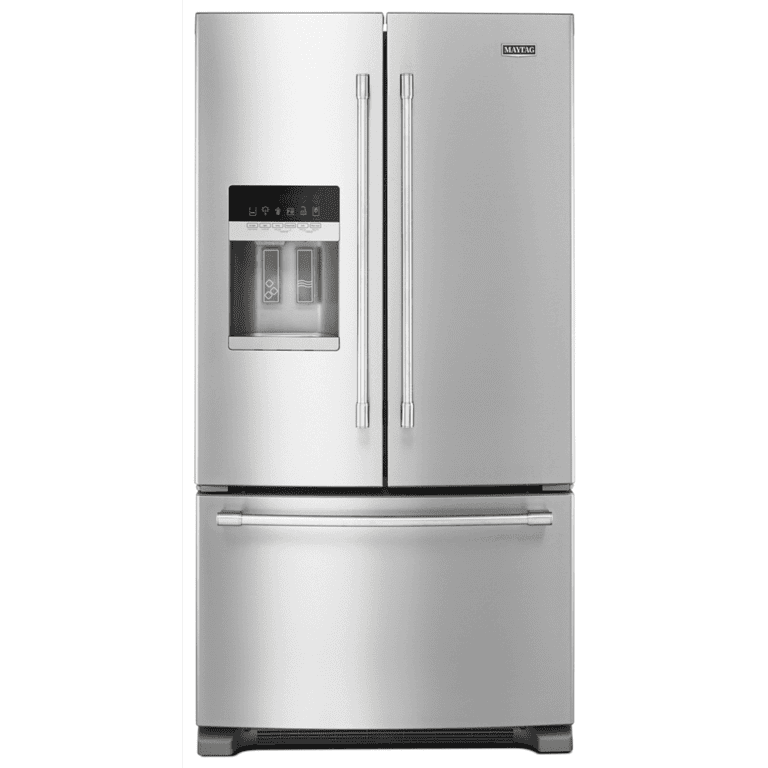Is It Worth Replacing a Refrigerator Compressor? Pros and Cons
Let’s talk about one of those adulting moments nobody warns you about: when your refrigerator starts making strange noises, stops cooling, and suddenly, you’re staring at spoiled milk and wilted lettuce.
When problems occur with your refrigerator, the first thing most people point to is the compressor. But it’s often not the case. Compressors are really expensive pieces of equipment and require an expert to fit.
So, is it worth replacing a refrigerator’s compressor, or should you just buy a new refrigerator?
I found myself down a rabbit hole of research, calling in an HVAC buddy for advice, and reading countless forums. Here’s what I discovered on my journey to figure out whether replacing that little piece of machinery is worth the time, money, and hassle.
What Is a Refrigerator Compressor, Anyway?
Before diving into whether it’s worth replacing, let’s break down what the refrigerator compressor does. Think of it as the heart of your fridge—it pumps refrigerant through the system, which is what keeps everything cool. Without it, your fridge is just a glorified cabinet.
When the compressor fails, the entire cooling process grinds to a halt. No cooling means no food preservation, and that’s the fast track to tossing out your groceries.
The Symptoms of a Failing Compressor

So how do you know if your compressor is on its last legs? Here are some tell-tale signs that you might be dealing with a failing compressor:
- Loud noises: If your fridge making sounds like it’s trying to compete with a jet engine, that’s not a good sign.
- Warm fridge: When the inside of your fridge is more like room temperature than icy cold, the compressor might be the culprit.
- Constant running: A compressor that’s always running could be struggling to maintain the temperature, leading to skyrocketing energy bills.
When I noticed some of these symptoms, I knew I had to make a decision: replace the compressor or buy a new refrigerator.
Read: My Refrigerator Compressor Is Hot – What Should I Do?
The Pros of Replacing a Refrigerator Compressor
Let’s start with the reasons why replacing a refrigerator compressor might be worth considering.
1. Cost Savings Compared to a New Fridge
Replacing a compressor is generally cheaper than buying a brand-new fridge, especially if your fridge is a high-end model. The cost of a new compressor typically ranges from $200 to $500, while a new refrigerator can easily set you back $1,000 or more.
2. Environmental Impact
Keeping your current fridge running rather than dumping it in a landfill is the more eco-friendly option. If you’re conscious about reducing waste, this could tip the scales in favor of replacement.
3. Preserving a High-End Appliance
If you’ve invested in a top-of-the-line refrigerator, it might be worth it to replace the compressor rather than downgrade to a cheaper model. Those luxury fridges have all the bells and whistles, and losing them might be a tough pill to swallow.
The Cons of Replacing a Refrigerator Compressor
On the flip side, there are some pretty compelling reasons why replacing the compressor might not be the best route.
1. High Labor Costs
Even though the compressor itself isn’t too pricey, the labor costs can add up quickly. Depending on your area, you might end up paying $100 to $200 an hour for a technician, and the job could take several hours. In some cases, labor could exceed the cost of the compressor itself.
2. The Age of the Fridge
If your refrigerator is more than 10 years old, it might not be worth sinking money into repairs. Appliances have a lifespan, and as they age, other components might start to fail as well. You could end up playing a never-ending game of whack-a-mole with repairs.
3. Uncertainty of Success
Even after replacing the compressor, there’s no guarantee that your fridge will be as good as new. There may be issues that caused the compressor’s failure. You might be back at square one sooner than you’d like.
My Personal Decision: Replace or Buy New?
So, after weighing the pros and cons, what did I decide? Well, it came down to a few factors.
First, I considered the age of my fridge. It was about eight years old—getting up there, but not ancient. Then I thought about the cost. The estimate I got for replacing the compressor was around $400, including labor. A new fridge, on the other hand, would run me at least $1,200.
I also factored in the environmental impact. The thought of tossing out a perfectly good fridge that just needed one part replaced didn’t sit well with me.
In the end, I decided to replace the compressor. I figured that if it could buy me another few years of use, it would be worth it.
Tips for Replacing a Refrigerator Compressor
If you’re leaning towards replacing your refrigerator compressor, here are a few tips I picked up along the way:
- Get multiple quotes: Prices can vary widely, so it pays to shop around. I called three different repair companies before settling on one.
- Check your warranty: If your fridge is still under warranty, the compressor might be covered. It’s worth checking before you spend your own money.
- Consider DIY: If you’re handy and feeling brave, replacing the compressor yourself is an option. Just be aware that it’s a pretty advanced repair and might void any existing warranty.
| Factor | Replacement | Buying New |
| Cost | $200-$500 for compressor + labor | $1,000+ for a new fridge |
| Environmental Impact | Eco-friendly option | Potential landfill contribution |
| Appliance Age | Worth it if fridge is <10 years old | Better for older appliances |
| Labor Costs | Can be high, $100-$200/hr | No labor cost, but higher initial cost |
| Success Rate | Uncertain, dependent on other factors | Guaranteed new functionality |
When to Just Buy a New Fridge
Of course, there are times when buying a new fridge makes more sense. If your fridge is over 10 years old, or if it’s a lower-end model, you might be better off putting that money towards a new appliance. New fridges also come with better energy efficiency, which could save you money in the long run.
Plus, let’s face it—sometimes it’s nice to upgrade to a shiny new model with the latest features, like a built-in ice maker or smart controls. If you’ve been eyeing that French door refrigerator with the fancy water dispenser, this might be your excuse to splurge.
Final Thoughts: To Replace or Not to Replace?
So, is it worth replacing a refrigerator compressor? The answer, like most things in life, is “it depends.” If your fridge is relatively young and high-end, and you’re keen on saving some cash and the environment, replacement might be the way to go. But if your fridge is older or the repair costs start creeping too high, it might be time to let go and welcome a new appliance into your home.
For me, replacing the compressor turned out to be the right decision. My fridge is running smoothly again, and I’ve bought myself a few more years before I have to make that tough decision again. But every situation is different, so take your time, weigh the options, and do what feels right for you. After all, your fridge is one of the most important appliances in your home—it deserves a thoughtful decision.
Conclusion
In the end, it depends on your fridge. Is it worth replacing its compressor? For example, if you have an older fridge and the compressor is failing, replacing the entire appliance will be more cost-effective in the long run.
